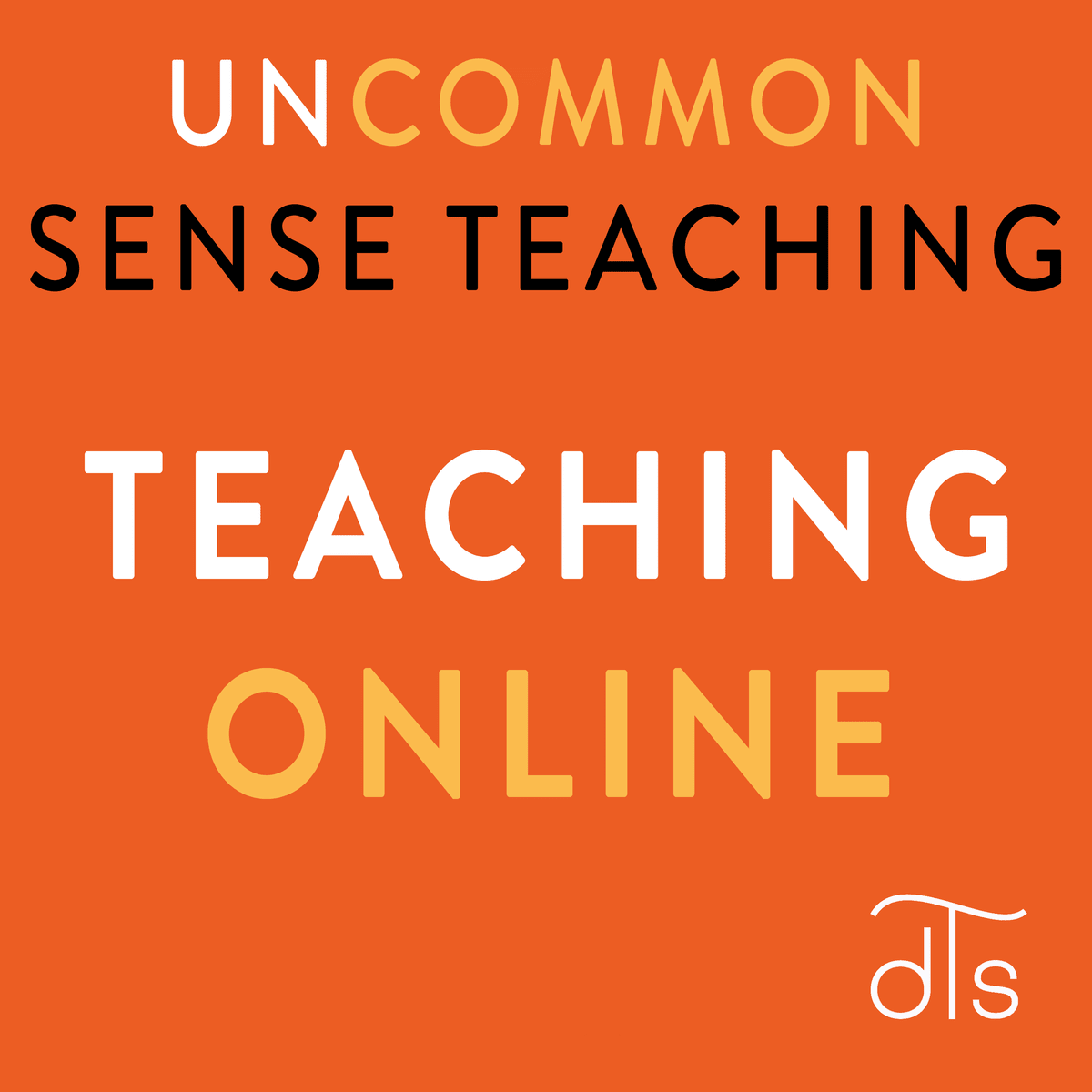Back to Courses









Personal Development Courses - Page 49
Showing results 481-490 of 514

Photography Capstone Project
The Capstone Project is your opportunity to take advantage of the knowledge you have gained through our journey in learning about photography, to develop a meaningful project of 10 well formed photographs based in your passion for artistic expression, or a subject for documentary exploration, insightful portraiture, imaging for work-related subjects, or some other aspect of photography. We are confident that it will be a project that you will be excited to share with fellow Learners. You should plan on spending more time on this Course per week than any other in this Specialization, and much of it will be in making photographs.
During the entire period of development, you and your fellow learners will be supporting each other as you work independently, by sharing your work-in-progress from the initial Project Plan to the final Portfolio. At each stage, all Learners will share comments and suggestions with each other, helping each other to gauge progress and to learn about different approaches to photography and content. By expressing your own ideas and expectations about quality in response to the work of others, you will be forming your own criteria of excellence as well.
Along the way there will be multiple opportunities for sharing pictures and ideas through carefully designed Peer Review. This sharing of photographs and comments with peers, and reflecting on their comments about your photos, will be an exciting learning experience that will help you grow in understanding your own photography and that of others. Your contribution of comments to fellow Learners will not only help them understand their photographs better, but it will give you an opportunity to use the vocabulary of terms that are related to techniques, design principles, and content approaches that you have learned through your success in each of the previous Modules.
A unique aspect of this Specialization is that everyone who completes the requirements will receive, in addition to their Certificate of Specialization from Michigan State University, access to substantial discounts on equipment, accessories, and membership benefits through Industry Partners from among the premier manufacturers of photography equipment and related items: Fracture, Gary Fong, Gyst, Lensbaby, LensPen, Lume Cube Lighting, Photo District News, PhotoVideoEdu, Think Tank Cases/Bags.

Online teaching: Using Zoom to connect with learners
Using cloud-based video conferencing platforms such as Zoom has become, for many people, a part of everyday life. This is particularly true for learners of all ages who are now spending more time online connecting with their peers or studying remotely. To ensure a successful learning experience for our online learners, educators and teachers need to feel confident designing and delivering a live Zoom class.
In this course, you’ll explore the Zoom functions that are relevant to teaching a live online class, such as Zoom’s class management tools, break-out room function, chat, screen-sharing and the poll function. More importantly, this course will provide practical real-world examples of how to use these functions successfully in a live class setting, as well as provide an opportunity to design, develop and create your own Zoom lesson plan.
The course is suitable for anyone who designs or delivers synchronous or live online Zoom classes.
Learning Outcomes
By the end of this course, you’ll:
1. Demonstrate an understanding of the basic functions of Zoom
2. Recognise the Zoom class management tools
3. Evaluate the ways Zoom can be used to deliver engaging live online class activities
4. Design, develop and create a Zoom lesson plan

Strategies for Teaching Perfect Tenses and Modals
This is the first course in the Teach English: Intermediate Grammar specialization. In this course, you will learn about teaching important intermediate verb tenses, including present perfect, present perfect progressive, past perfect, and past perfect progressive. You will also learn about teaching common modal verbs used in English. Finally, you will have opportunities to practice the skills you learn by creating sample assignments and recording short videos of your teaching demonstrations. This course is designed for teachers or those wanting to become teachers who have a solid understanding of English grammar and want to improve their skills of teaching that grammar to others.
Please note that the free version of this class gives you access to all of the instructional videos and handouts. The peer feedback and quizzes are only available in the paid version.
Positive Psychology: Applications and Interventions
Positive interventions are one of the building blocks for the application of positive psychology in our day-to-day lives. In this course taught by Dr. James Pawelski, we explore positive interventions through theory, research and practice. We provide learners the basic tools for using and measuring positive psychology in professional or personal contexts. Suggested prerequisite: Positive Psychology: Martin E. P. Seligman’s Visionary Science.

Setting Clear Expectations
Welcome to Leading StandOut Teams: Setting Clear Expectations.
This course will explore how to follow the practice shared by the world’s best team leaders - frequent 1:1s. We'll take a look at how to provide clarity to your team about their roles, and then explore how you as a team leader can provide the information people need to do their jobs well — not just data and guidance, but also your observations about where they’re at their best.
By the end of the course, you will be able to:
- Construct effective check-ins with team members.
- Compare feedback vs. Coaching.
- Confirm team members have clarity about what’s crucial to doing their jobs.
- Define feedback vs. Coaching.
- Analyze what impact your and your team’s roles have on the work environment and provide clarity to your team about their roles.
- Identify what celebration looks like at your company and determine how to reward the right behaviors for more of the same.
Modules Include:
One: Weekly Check-Ins. Explore how to follow the practice shared by the world’s best team leaders: frequent 1:1 conversation about near-term future work.
Two: Creating Role Clarity. Learn how do the roles you play set the tone, create the environment, and establish the culture that impacts the entire team. Take a look at how to provide clarity to your team about their roles.
Three: Sharing Information. Explore how you as a team leader can provide the information people need to do their jobs well — not just data and guidance, but also your observations about where they’re at their best.
This is a beginner's course, intended for team leaders with an interest in Leading StandOut Teams. It includes lecture videos by StandOut Strengths Coaches, practice quizzes, graded quizzes, peer-reviewed assignments, discussion prompts, and activity guides to facilitate ongoing learning and provide a structure to make sense of learning so that it can be embedded into real change.
To succeed in this course, you should be willing to self-reflect and open to shifting perspectives. Making the effort will result in a positive and fulfilling response.

Uncommon Sense Teaching: Teaching Online
In Uncommon Sense Teaching: TEACHING ONLINE we’d like to help you to move toward fresh approaches to online teaching that build on the latest insights from scientific research. We’ll use insights from movie-making—not to mention from odd visual tricks in Barb’s kitchen—to see how students learn, both independently and together. We all know, for example, that social learning is valuable in helping students grapple with tough concepts as well as in making learning more fun. But if you understand what is happening in the brain during social learning, you can also understand why certain approaches commonly used in online learning, such as discussion forums, can sometimes pose a challenge. As you will see, we can use insights from neuroscience not only to motivate our students, but to help them change their very identity.
Our course is designed for university professors, vocational instructors, K-12 teachers, coaches, business trainers, parents, and in fact, anyone who is trying to teach concepts or skills online. We're not just talking about traditional academic materials—if you’ve ever considered teaching a course on Udemy, putting up a video series on YouTube, or launching your own educational blog, this course is also for you. An essential and exciting point is that students can learn even BETTER online than they can in the traditional face-to-face classroom. That’s whether you’re teaching synchronously—that is, live, via a platform like Zoom; or you’re teaching asynchronously—that is, any time—by having videos and other teaching materials accessible to students whenever they want.
You can take this course independently from the other two "Uncommon Sense Teaching" courses in this specialization—some of the neuroscience- and cognitive-psychology-based insights we’ll mention here in simple ways are explored more deeply in those other courses. So feel free to take the other two courses in the specialization in conjunction with or after this course. If you’ve already taken the other two courses, you’ll find that this course reviews and extends the practical insights from neuroscience you’ve already received in unexpected new directions. And you’ll find even deeper insights we haven’t covered before.
In TEACHING ONLINE you'll be joining a trio of experienced online instructors who have taught millions in some of the world's most popular online courses. One of our deepest goals for this course is to help YOU to teach others to improve their ability to reach and teach students. We’ve loaded the animations and visuals we've developed for this course online in PowerPoints (licensed under Creative Commons) in the assets under the videos, as well as in the resources section. You can rework these PowerPoints as you wish to reteach this material to your colleagues and students. Your sharing and resharing of this material is one of the best things you can do to help us all move teaching and learning forward to a visionary future. YOU are the foundation—children, adults, and society as a whole can leap ahead because of your desire to learn and spread these new ideas!

Mindfulness and Well-being: Living with Balance and Ease
This is the sequel course to Foundations of Mindfulness that will continue to provide a broad overview of the fundamental concepts, principles, and practices of mindfulness. With interactive exercises to help students explore their own attitudes, mental habits and behaviors, Foundations of Mindfulness series offers a pathway for living with more freedom, authenticity and ease. Featured components of the course include experiential exercises, guided meditations, personal reflection and interactive discussions.
Living with Balance and Ease will not only cover some of the fundamentals of mindfulness, but will focus on connecting to the innate resources and abilities that will allow for a more effective response to life's challenges, build resiliency, and invite peace and ease into everyday life.
Although this course can be taken as a standalone, it is recommended to take the first Foundations of Mindfulness course before beginning this course.

Fandom, Social Media, and Authenticity in the Digital Age
"Fandom, Social Media, and Authenticity in the Digital Age" focuses your attention on the interconnected dynamics of identity, representation, interpretation, and self-reflection. It asks the question: how, where, and with whom do we inhabit the worlds of fandom and popular culture in the digital age? We will explore the role of digital media in the production of celebrity and fandom, using social media tools and platforms as a running case study. More broadly, the course is about what media studies scholar Henry Jenkins has called “participatory culture,” the processes by which bring our selves into digital spaces, establish trust and authenticity (or challenge these concepts), and negotiate identity in and amongst others. Along the way, you will develop skills in critical self-reflection and communication, as well as analysis and interpretation. You’ll audit your own social media usage, and put this learning in context with major social media presences of our era.
Course-Level Learning Outcomes
* Define and describe the relationship between fandom, popular culture, and digital media as each impact our identity and interactions with others
* Apply critical self-reflection and close reading frameworks through personal and professional writing and online publication
* Engage with pop culture and fandom communities by leveraging online platforms to make connections and synthesize learning
* Reflect on your personal relationship to social media, identity, representation, and social interaction online
Course 1 Skills:
* Personal Development
* Analysis
* Digital Literacy
* Writing
* Social Media
* Close Reading

Finding and Preparing for the Right Job
Finding and preparing for the right job in the DS/AI field can be tricky. In this course, we will explore how the job market has vastly different descriptions for the same job title, how to identify what a company is really looking for, and how to search the “hidden” job market. We will also overview major skills areas experts recommend revisiting before applying for jobs in this field, how to tailor your resume to catch the eye of a DS/AI hiring manager, and how to create a stellar portfolio. Finally, we will discuss the importance of marketing yourself and tips and tricks on how to do it well.
By the end of this course, students will be able to:
• Decipher job descriptions with the same titles to discern the different skill sets needed.
• Recall the major skill areas experts recommend revisiting and identify which skills to refresh in preparation for DS/AI applications and interviews.
• Make their portfolio and resume stand out by applying tips specific to the field.
• Recognize how to market themselves and how career fairs, connecting with recruiters, and networking can help.
• Describe what kind of networking is beneficial in this field.

Nützliches Feedback geben (Giving Helpful Feedback)
Dieser Kurs vermittelt Ihnen die einfachen Prinzipien, mit denen Führungskräfte die Leistung ihrer Mitarbeiter verbessern und sie gleichzeitig motivieren. Von jetzt an müssen Sie Situationen, in denen Sie Ihren Mitarbeitern „unangenehme Nachrichten“ überbringen, nicht mehr meiden. Wir zeigen Ihnen sieben Methoden, mit deren Hilfe Ihre Mitarbeiter weder eine Abwehrhaltung einnehmen noch Angst bekommen. Als Führungskraft oder jemand, der gerne eine sein möchte, lernen Sie auch speziell, was Feedback ist und warum negatives Feedback schwerer wiegt als positives Feedback. Außerdem erfahren Sie, wie positives Feedback Eigenschaften wie Kreativität und Teamwork fördert.
Feedback zu geben, ist eine Fähigkeit, die sich im Laufe der Zeit entwickelt. Wir geben Ihnen einen Prozess an die Hand, mit dem Sie Ihre Fähigkeit, Feedback zu geben, verbessern und mit Zuversicht umsetzen können. Sie werden sehen, dass es für Ihre Beobachtungen und Ihr Gespür für Feedback eine wissenschaftliche Erklärung gibt. So zum Beispiel, dass es schwierig ist, nützliches Feedback zu geben, und dass Menschen nicht gerne Feedback erhalten usw.
Dies hilft Ihnen dabei zu lernen, diese Schwierigkeiten zu überwinden. Wir hoffen, dass Sie Spaß daran haben, eine bessere Führungskraft zu werden.
Popular Internships and Jobs by Categories
Browse
© 2024 BoostGrad | All rights reserved


